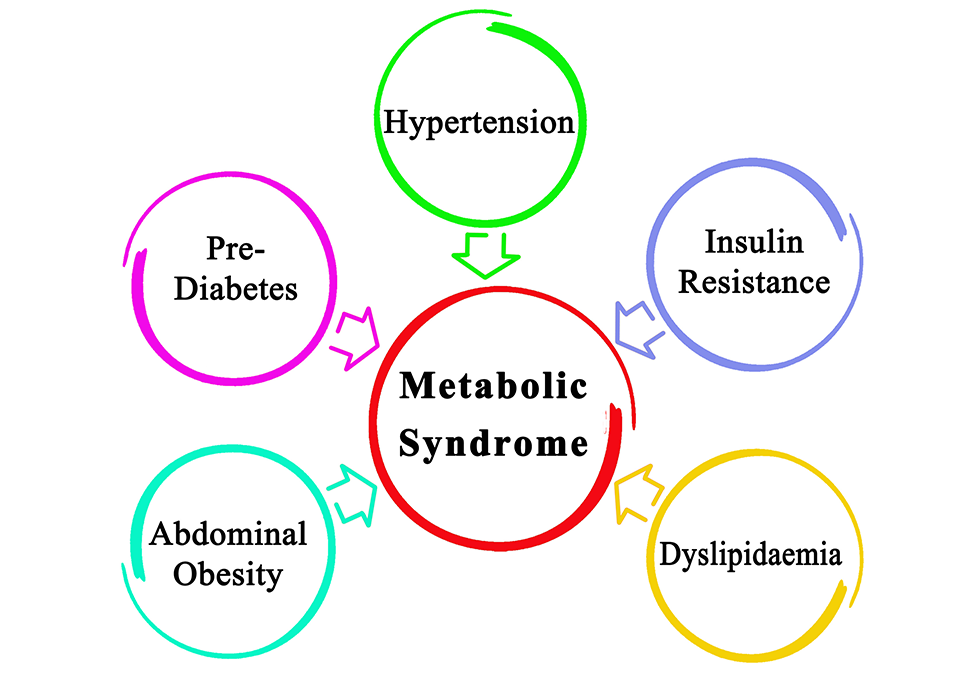
Does Lupus Run In Your Family?
January 4, 2021Focal Segmental Glomerulosclerosis (FSGS)
FSGS is a rare disease that attacks the kidney’s filtering units (glomeruli) causing serious scarring which leads to permanent kidney damage and even failure. FSGS is one of the causes of a serious condition known as Nephrotic Syndrome.
Each kidney is made up of approximately one million tiny filters called “glomeruli.” Much as a coffee filter keeps coffee grounds in, glomeruli filter the blood, taking out the water-like part which becomes urine and leaving the protein in the blood. When glomeruli become damaged or scarred (sclerosis), proteins begin leaking into the urine (proteinuria). The word “focal” is added because in FSGS, only some of the glomeruli filters become scarred. “Segmental” means that only some sections of the glomerulus becomes scarred, just parts of them.
How is FSGS Diagnosed?
FSGS is diagnosed with renal biopsy however, because only some sections of the glomeruli are affected, the biopsy can sometimes be inconclusive.
What are the Symptoms of FSGS?
Many people with FSGS have no symptoms at all. When symptoms are present the most common include:
Proteinuria Large amounts of protein “spilling” into the urine
Edema Swelling in parts of the body, most noticeable around the eyes, hands and feet, and abdomen which causes sudden weight gain.
Low Blood Albumin Levels because the kidneys are removing albumin instead of returning it to the blood
High Cholesterol in some cases
High Blood Pressure in some cases and can often be hard to treat
FSGS can also cause abnormal results of creatinine in laboratory tests. Creatinine is measured by taking a blood sample. Everyone has a certain amount of a substance called creatinine floating in his or her blood. This substance is always being produced by healthy muscles and normally the kidneys constantly filter it out and the level of creatinine stays low. But when the filters become damaged, they stop filtering properly and the level of creatinine left in the blood goes up.
What Causes FSGS?
FSGS is usually “idiopathic,” which means it arises without a known cause. There are some known genetic causes of FSGS, with new gene variants continually being discovered.
FSGS can be “primary” or “secondary” in nature.
Primary FSGS means that the disease happened on its own with out a known or obvious reason.
Secondary FSGS means that doctors think the FSGS was caused by, or is associated with, another medical condition that occurred first. How the other condition caused the FSGS scarring is not always certain. Some causes of secondary FSGS include:
- Kidney defects from birth (dysplasia)
- Urine backing up into kidneys (kidney reflux)
- Obesity
- Obstructive Sleep Apnea
- Viruses and blood disorders (such as HIV and sickle cell anemia)
- Autoimmune disorders (such as lupus and HSP)
Treatment
Currently there are few FDA approved treatments for FSGS, but usually a steroid called prednisone or prednisolone is given to try and control proteinuria. Proteinuria Treatment aims to decrease the amount of protein lost in the urine. The less protein in the urine, the better the patient will do. In FSGS, even partial remission is important.
Your nephrologist may also suggest
- Medications that suppress your immune system
- Diuretics and low salt diet help to control edema
- A medication that blocks a hormone system called the renin angiotensin system (ACE inhibitor or ARB) to control blood pressure or lower urine protein
- Anticoagulants to prevent blood clots
- Statins to lower the cholesterol level
- Maintaining a healthy diet: Correct amounts of protein and fluid intake according to your nephrologist’s recommendations. A healthy diet consists of low salt with emphasis on fruits and vegetables, low in saturated fat and cholesterol. A low salt diet may help with swelling
- Exercising
- Not smoking
- Vitamins




